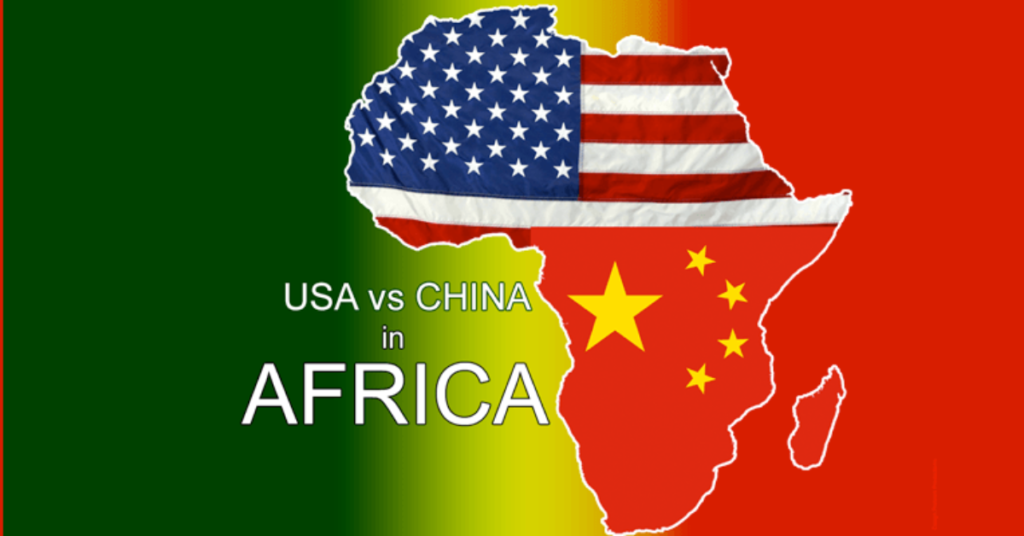The Black Lives Matter movement, reignited in 2020 by the tragic death of George Floyd, sparked a national conversation about racial injustice. This movement’s impact extended beyond social activism, significantly influencing corporate America’s approach to Diversity, Equity, and Inclusion (DEI). This article explores the movement’s influence on DEI initiatives, the current landscape, and the challenges and opportunities that lie ahead.

Initial Impact: A Rise in DEI Commitments
In the wake of the Black Lives Matter resurgence, corporations across various industries felt compelled to take action on racial equity. Major financial institutions like JPMorgan Chase publicly committed to increasing Black and Latino homeownership by a significant number, recognizing the racial wealth gap that has persisted for generations.
Companies like Target and Walmart joined coalitions with other corporations, aiming to collectively hire and promote one million Black workers into various roles by the year 2030. Data from that time period reflected a significant increase in the number of new hires from diverse backgrounds across various industries. This hiring surge suggested a potential shift in corporate priorities, with a focus on building a workforce that better reflected the demographics of the United States.

Shifting Focus: Mentions of DEI and the Legal Landscape
While initial momentum was promising, analysis of corporate communications data reveals a decline in the focus on DEI since the peak following George Floyd’s death. This decline is evident in transcripts from conference calls and earnings calls, where mentions of DEI began to drop steadily. This trend coincides with the Supreme Court’s ruling limiting affirmative action in college admissions.
The court’s decision sparked concerns within corporations about the legal implications of race-conscious hiring practices. The ruling created uncertainty, leading some companies to take a more cautious approach to DEI initiatives, fearing potential legal challenges.
See More: The Emerging Cold War: A Race for Resources in the Melting Arctic Ocean
The Backlash Against DEI: “Woke” Culture and Legal Challenges
The broader conservative pushback against “woke” culture has impacted the perception of DEI initiatives. Critics often frame DEI as prioritizing identity politics over merit. They argue that the most qualified candidates should be hired regardless of race or ethnicity. However, this view fails to acknowledge the systemic biases that have historically disadvantaged people of color in the workplace.
For example, unconscious bias can lead to hiring managers overlooking qualified candidates from diverse backgrounds. DEI initiatives can help level the playing field by creating a more inclusive recruitment process and promoting a culture that values diverse perspectives.
Another challenge facing DEI efforts is the rise of lawsuits targeting race-conscious programs. A prime example is the lawsuit against the Fearless Fund, a venture capital firm investing in businesses run by women of color. This lawsuit highlights a tactic where legal challenges are used to dismantle DEI efforts. These lawsuits raise concerns about the future of affirmative action and other race-conscious initiatives in corporate America.
While the legal landscape surrounding DEI is evolving, it’s important to remember that DEI encompasses more than just affirmative action. It’s a comprehensive strategy for creating a diverse and inclusive workplace that benefits all employees.

Beyond Affirmative Action: Redefining DEI
It’s crucial to understand that DEI is more than just a numbers game focused on achieving a specific racial or ethnic composition in the workforce. While affirmative action addresses historical imbalances in representation, especially at higher levels, DEI initiatives encompass a broader range of strategies to build a truly inclusive work environment for all employees. Data shows a stark lack of diversity in leadership positions.
According to a 2023 report by [Insert Source Here], Black executives hold only [Insert Percentage] of leadership positions, despite comprising [Insert Percentage] of the overall workforce. This highlights the need for DEI efforts that go beyond simply increasing the number of people of color hired at entry-level positions.
DEI initiatives can address these disparities through mentorship programs that connect experienced professionals with high-potential employees from underrepresented groups. Sponsorship programs can also be implemented, where senior leaders actively advocate for the career advancement of diverse talent.
Additionally, unconscious bias training can help identify and mitigate implicit biases that can hinder the promotion of qualified people of color. By creating a culture that values diverse perspectives and experiences, companies can foster an environment where everyone feels empowered to contribute their best work.
See More: China Economic Slowdown: Ripples Across the Globe
The Value of DEI: Public Perception and Business Benefits
Despite the backlash, public opinion polls indicate that a majority of Americans view DEI initiatives favorably. Studies show that diverse workplaces can lead to increased innovation, improved decision-making, and a stronger connection with diverse customer bases. Ignoring DEI principles can lead to talent loss, as many workers prioritize companies that embrace inclusion.
The Road Ahead: Challenges and Opportunities
The future of DEI in corporate America faces challenges. Companies need to navigate a complex legal landscape and find ways to communicate the value of DEI beyond optics. However, opportunities exist. The demographics of the US workforce are evolving, and corporations that embrace DEI will be better positioned to attract talent and succeed in a diverse marketplace.

Conclusion
The Black Lives Matter movement undeniably impacted corporate America’s approach to DEI. While initial enthusiasm seems to be fading, the need for diversity and inclusion remains. Companies must find ways to navigate legal uncertainties, communicate the value of DEI, and adapt to a changing workforce. Embracing DEI is not just the right thing to do, it’s a strategic imperative for long-term success.
Thanks for Visiting Us In Focus!
For DMCA complaints, please visit our DMCA Form / Report Content
Follow us on other platforms as follows:
Facebook – https://www.facebook.com/usinfocus
X (formerly Twitter) – https://twitter.com/usinfocusdotcom


